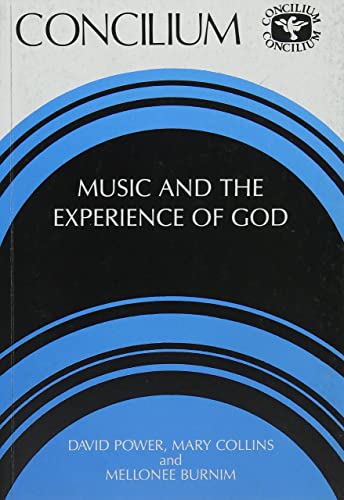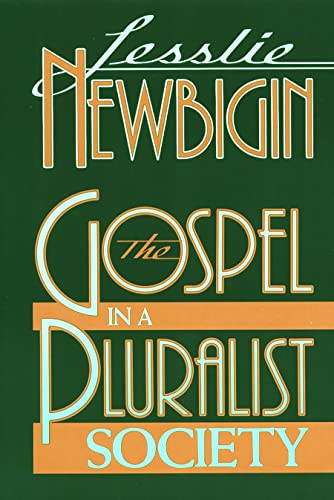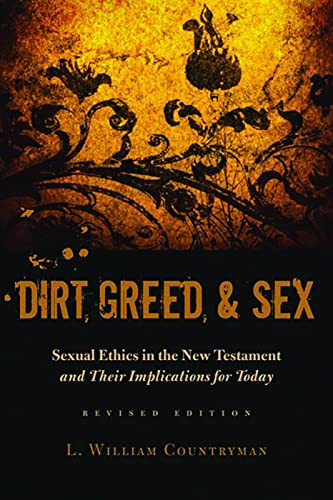Paul and the Popular Philosophers
Written by Abraham J. Malherbe Reviewed By Thomas R. SchreinerThis book contains a collection of technical essays by Abraham Malherbe, most of which have been published elsewhere in scholarly journals or books. The publication of his articles together is timely since they furnish detailed support for his recent and more general work titled Paul and the Thessalonians: The Philosophic Tradition of Pastoral Care (Fortress, 1987). Nevertheless, the essays themselves are not confined to an analysis of parallels between Thessalonians and Greek philosophical writings. A number of different topics are explored, which cannot be covered in a short review, and thus it will be helpful to list in order the title of each essay: 1. ‘Self-Definition among the Cynics’; 2. ‘Mē Genoito in the Diatribe and Paul’; 3. ‘ “Gentle as a Nurse”: The Cynic Background to 1 Thessalonians 2’; 4. ‘Exhortation in 1 Thessalonians’; 5. ‘Paul: Hellenistic Philosopher or Christian Pastor?’; 6. ‘The Beasts at Ephesus’; 7. ‘Antisthenes and Odysseus, and Paul at War’; 8. ‘Medical Imagery in the Pastoral Epistles’; 9. ‘ “In Season and Out of Season”: 2 Timothy 4:2’; 10. ‘ “Not in a Corner”: Early Christian Apologetic in Acts 26:26’; 11. ‘A Physical Description of Paul’.
Despite the diversity of themes covered, a consistent thesis informs the present work. Malherbe argues that Paul and other writers in the Pauline tradition consciously adapted Hellenistic sources, particularly from the Cynic tradition, shaping them to address the situation of their own readers. This does not mean that Paul could be identified as a Cynic or a Stoic, for there are remarkable differences, but he often used such traditions in exhorting his readers. For example, in 1 Thessalonians 2:1–12 Paul, according to Malherbe, employs Cynic traditions of the ideal philosopher in portraying his ministry in Thessalonica. Many hucksters went about hawking their message, and thus it was necessary for Paul to distinguish himself from charlatans. Malherbe concludes that the close parallels between Paul’s defence and Cynic traditions (especially from Dio Chrysostom) suggest that Paul is not responding to specific criticisms from Thessalonica. He is merely providing a typical vindication of his behaviour since there were so many charlatans spreading their message.
Malherbe rightly cautions us from concluding that Paul is necessarily responding to criticisms from opponents in 1 Thessalonians 2. The defence of his ministry may have been a different function in the context of the letter, and the suggestion that such an apologetic was common since so many charlatans were peddling their message is credible. But is the author right in saying that Paul is consciously adapting Cynic traditions? There is no doubt that some notable parallels are drawn between Paul and the Cynics. Further evidence is needed to prove that these parallels confirm the conscious use of philosophic traditions by Paul. Malherbe himself distinguishes Paul from the Cynics in a number of ways, and thus more rigorous criteria and proof are needed to show that Paul was adapting Cynic traditions and that the Thessalonians would recognize him as doing such.
In an essay on the Paul of Acts in which he focuses particularly on Paul’s claim that ‘nothing was done in a corner’ (Acts 26:26), Malherbe attempts to prove that Paul is represented as a moral philosopher. Some fascinating parallels are highlighted, and one could see such a perspective being supported from Paul’s speech at Athens (but note the reference to resurrection in the speech!). Nonetheless, Malherbe’s essay is unconvincing because the speech in Acts 26 is surely rooted in the OT and Judaism, not in moral philosophy. In Acts 26 Paul speaks to a fellow-Jew (Agrippa), emphasizes his Pharisaic past, stresses the hope of the twelve tribes, focuses on the resurrection, notes that the voice came to him in Aramaic (or Hebrew), and emphasizes the fulfilment of the OT scriptures. Any reference to Paul as a moral philosopher here is at best tangential and in actuality far removed from the context.
In conclusion, Malherbe usefully draws some parallels between Pauline literature and Greek philosophical tradition. Paul probably was aware of some of these traditions because he was educated and such teachings were ‘in the air’. But greater attention should be devoted to methodological considerations. Conscious dependence upon Cynic traditions is not established merely by similar words or by a similar theme. Of course, the Jewish Paul was not cut off from the Hellenistic world, and Hellenism and Judaism cannot be placed into watertight compartments (Hengel). Nevertheless, Malherbe overestimates the influence of Cynic traditions upon Paul and underestimates the role of the OT and Jewish tradition.
Thomas R. Schreiner
Tom Schreiner is James Buchanan Harrison professor of New Testament interpretation at The Southern Baptist Theological Seminary in Louisville, Kentucky.







